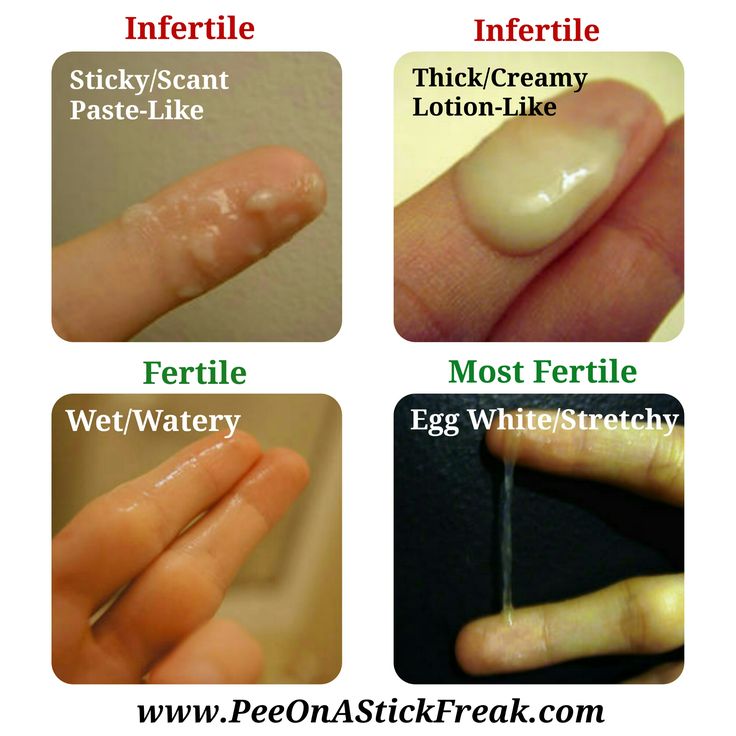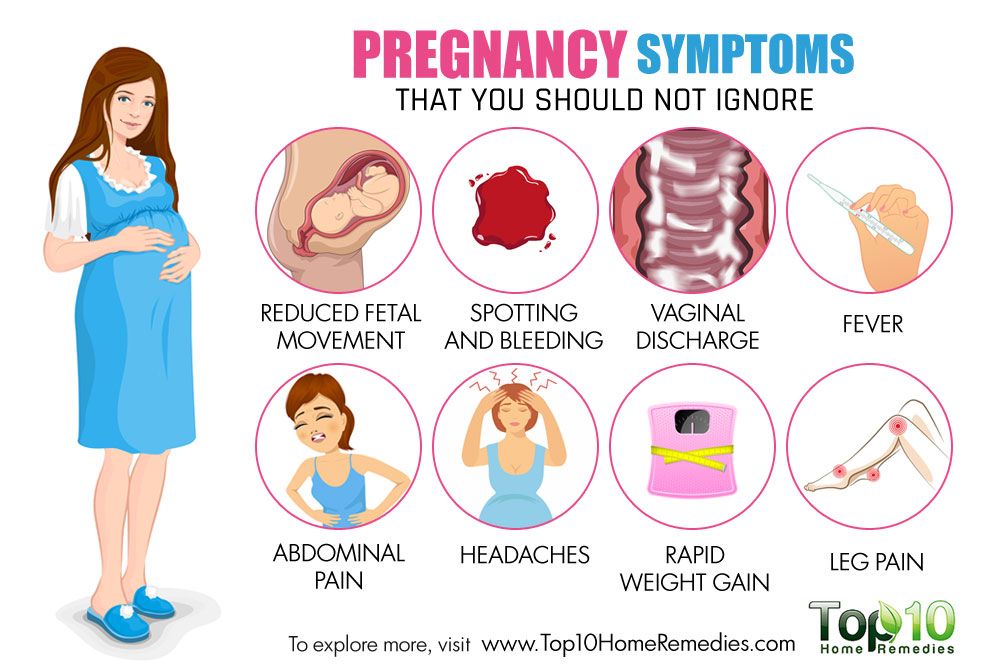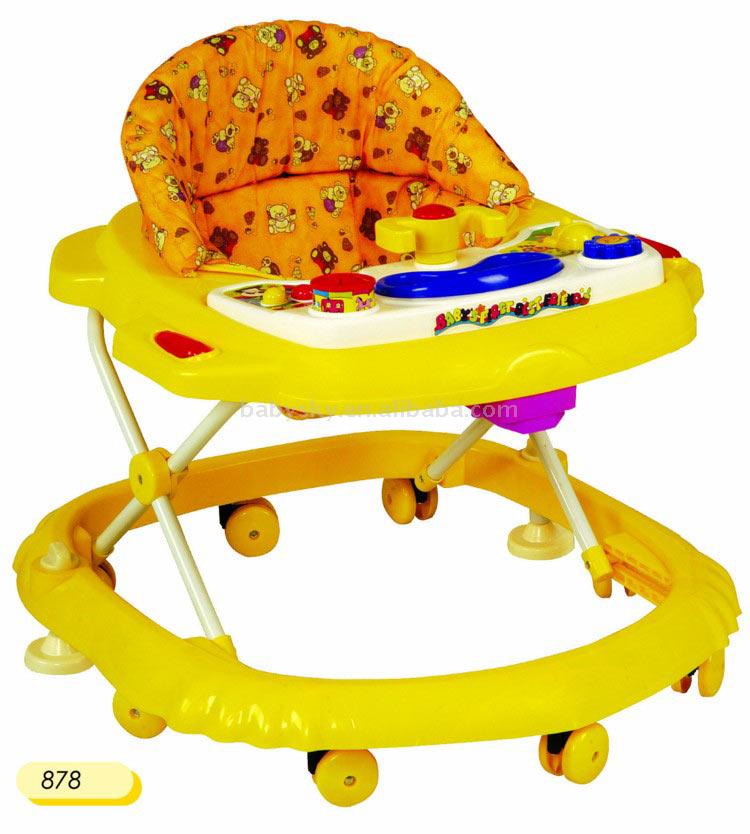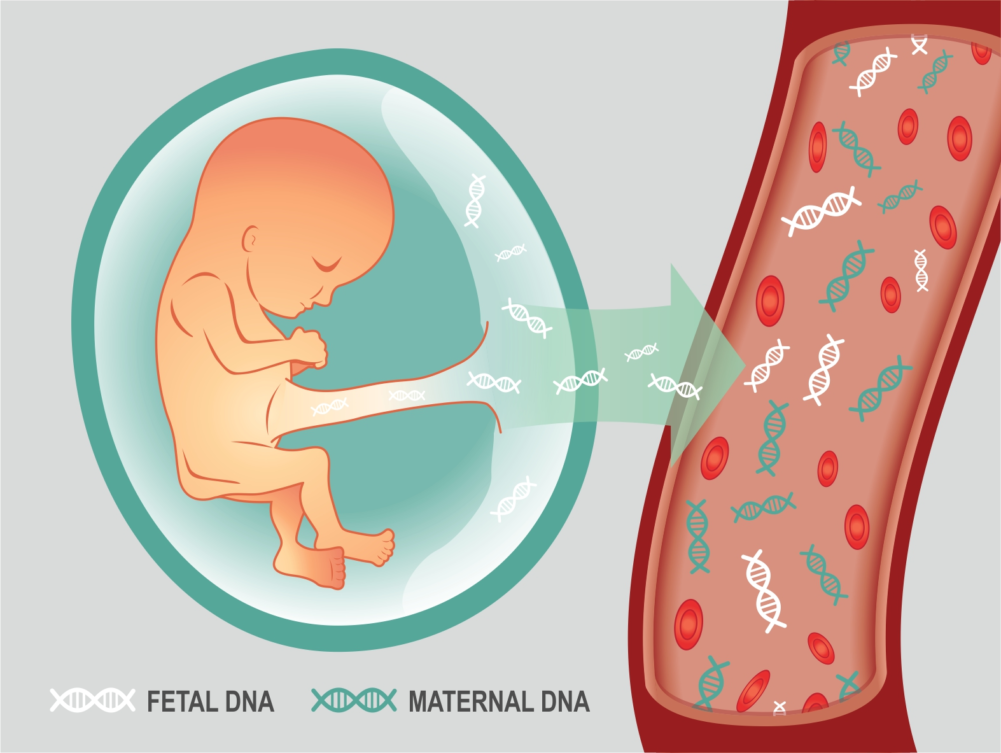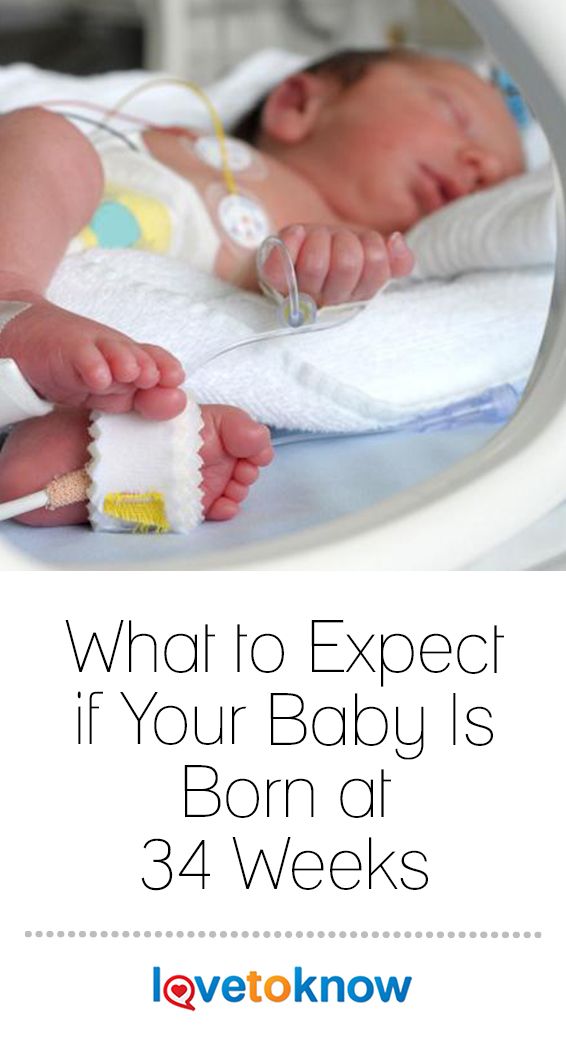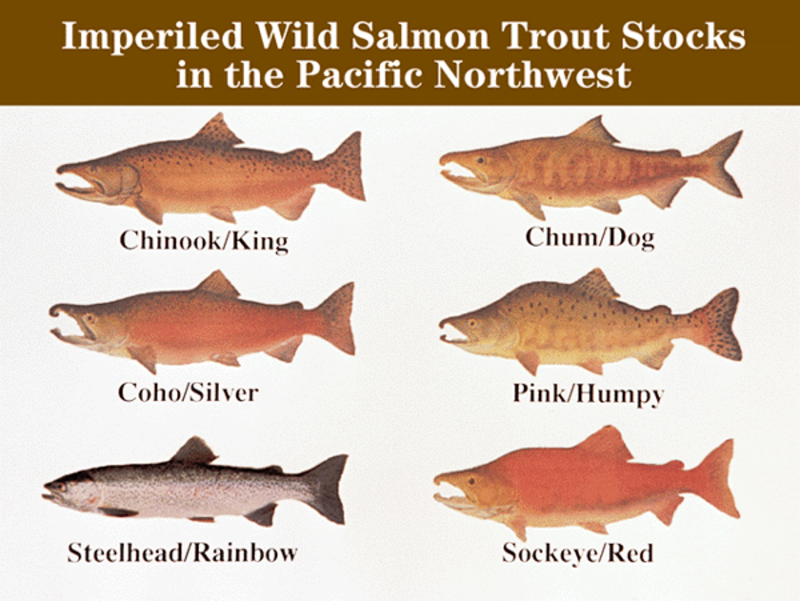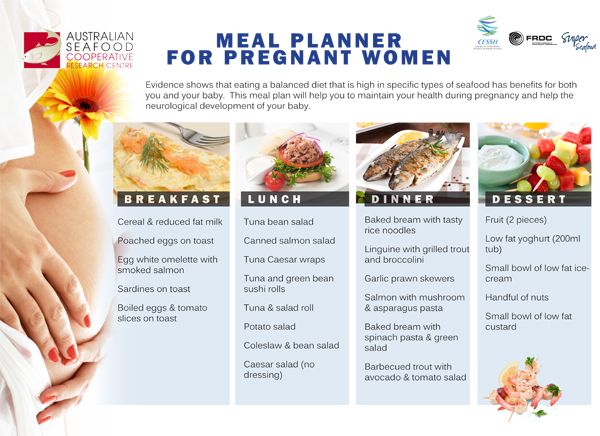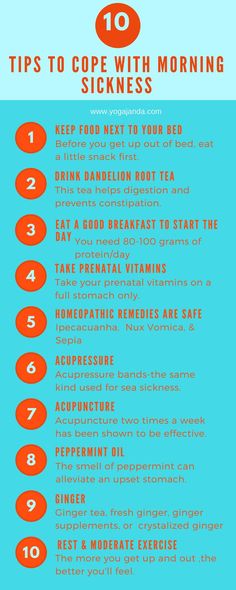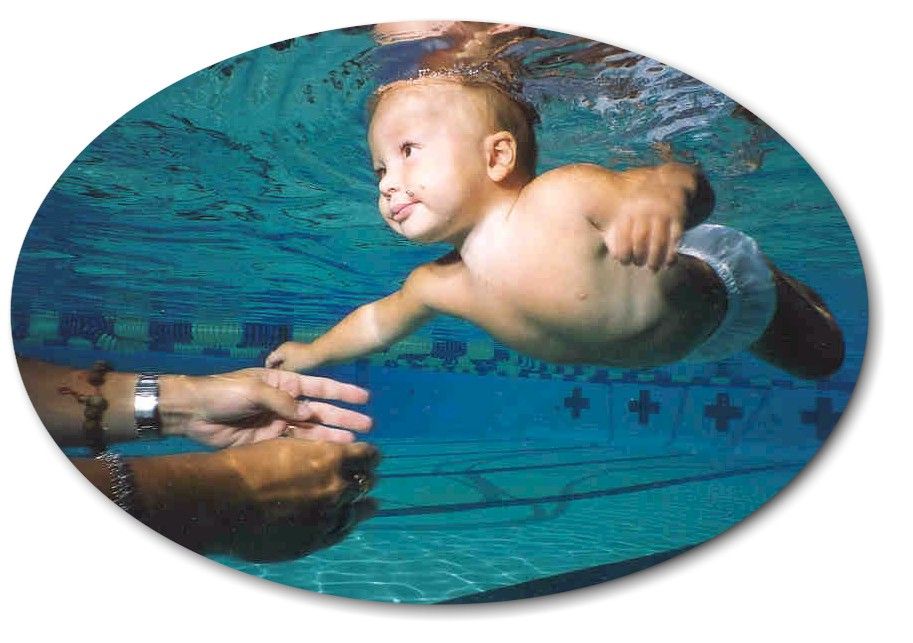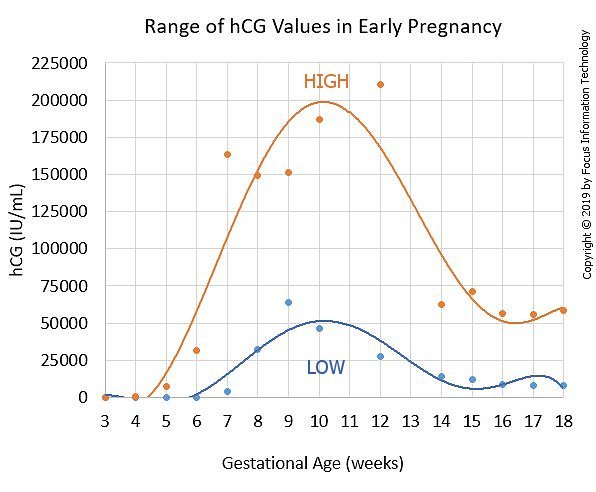When do you become fertile
Right Time For Sex , When Do You Ovulate ?
When are you more likely to conceive?
We’re talking about the 'fertile window’ – the days in a woman’s menstrual cycle when pregnancy is possible. The ‘fertile window’ depends on the length of the menstrual cycle, which varies among women.
The ‘fertile window’ is the day an egg is released from the ovary (ovulation) and the five days beforehand. Having sex (intercourse) during this time gives you the best chance of getting pregnant.
Ovulation Calculator
What day did you your most recent period start?
Number of days in your cycle Please select20 Days21 Days22 Days23 Days24 Days25 Days26 Days27 Days28 Days29 Days30 Days31 Days32 Days33 Days34 Days35 Days36 Days37 Days38 Days39 Days40 Days41 Days42 Days43 Days44 Days45 Days
Your ovulation day
Most fertile time
-
What is an ovulation calculator and how does it help you get pregnant?
This ovulation calculator or ovulation calendar can help you work out your most fertile time.
These are the days you are most likely to get pregnant.
It can also estimate your due date if you do become pregnant during your next fertile days.
Others ways to help you work out when you're ovulating:
- Notice changes in vaginal mucus
A few days before ovulation, you may notice your vaginal mucus becomes clear, slick and slippery, and feels a bit like egg white.
This is a sign that ovulation is about to happen. It’s the best time to have sex, as sperm travel more easily in this kind of mucus.
- Use an ovulation predictor kit
You can use a predictor kit from a supermarket or pharmacy, to test your urine for signs of ovulation. If you start testing your urine a few days before the day you next expect to ovulate, a positive result means you are going to ovulate within the next 24 to 36 hours (one to two days).

-
Facts about timing
Ovulation is when a mature egg is released from the ovary. The egg then moves down the fallopian tube where it can be fertilised. If sperm are in the fallopian tube when the egg is released, there is a good chance that the egg will be fertilised, creating an embryo, which can grow into a baby.
Pregnancy is technically only possible if you have sex during the five days before ovulation or on the day of ovulation. But the most fertile days are the three days leading up to and including ovulation. Having sex during this time gives you the best chance of getting pregnant.
By 12-24 hours after ovulation, a woman is no longer able to get pregnant during that menstrual cycle because the egg is no longer in the fallopian tube.
There’s almost no chance of getting pregnant if you have sex before or after the fertile window (but if you’re not trying to get pregnant, don’t rely on this – contraception is your best option!).
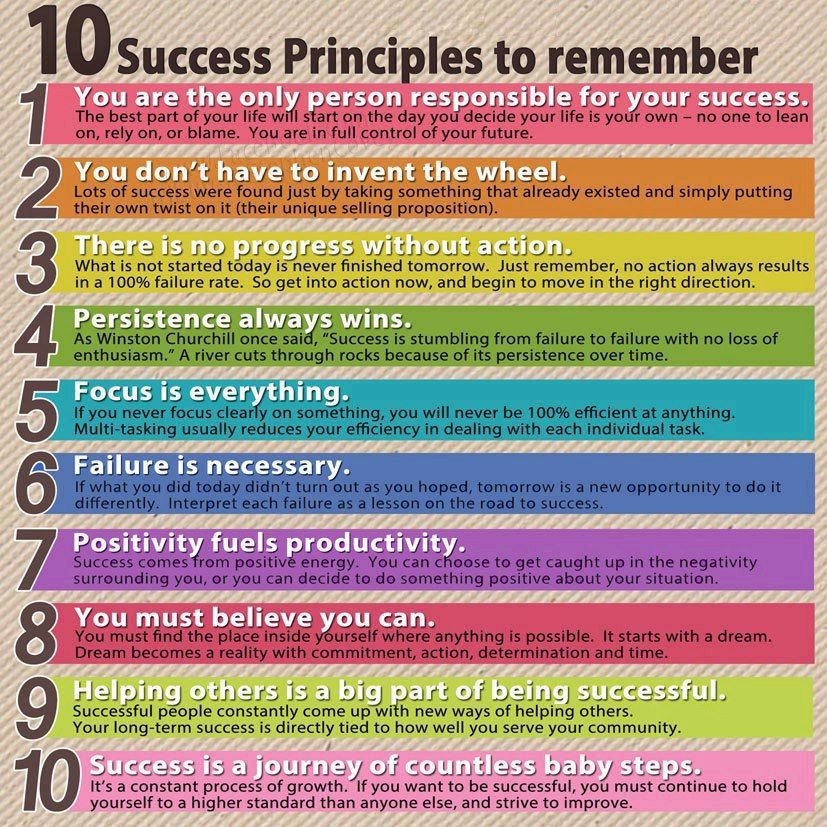
-
How to know when you’re ovulating
Knowing when you ovulate can help you plan for sex at the right time and improve your chance of getting pregnant. You can keep track of your menstrual cycles on a chart, in a diary, or on a free period-tracker app on your smartphone.
To work out the length of your menstrual cycle, record the first day you start bleeding (first day of your period). This is day 1. The last day of your cycle is the day before your next period begins.
- What is a ‘menstrual cycle’ and a ‘period’?
Some people think the ‘menstrual cycle’ and a ‘period’ are the same thing.
A period is when you bleed (or menstruate).

A menstrual cycle starts on the day when a period starts (day 1) and ends the day before the next period. A cycle’s length is considered normal if it’s between 21 and 35 days. They can vary between women and from one cycle to the next.
- Working out your ‘average’ menstrual cycle length
If your menstrual cycles are different lengths (most women’s cycles are) you can work out your average cycle length.
The number of days in a woman’s menstrual cycle can vary month to month. Periods are not always regular. It can be useful to work out an ‘average’ cycle length, based on the length of three menstrual cycles, to estimate when you’re most likely to be ovulating.
If you add the number of days in three cycles and divide the total number by three, it gives you your average cycle length.
Example
Sarah tracked her last three menstrual cycles by counting the time from the first day of one period, to the day before the next period.

Cycle 1 was 28 days; Cycle 2 was 32 days; Cycle 3 was 27 days
28 + 32 + 27 = 87
87 divided by 3 = 29
So the average length of Sarah’s menstrual cycles is 29 days.
- Working out your most fertile days
When you know your average menstrual cycle length, you can work out when you ovulate.
Ovulation happens about 14 days before your period starts.
- If your average menstrual cycle is 28 days, you ovulate around day 14, and your most fertile days are days 12, 13 and 14.
- If your average menstrual cycle is 35 days ovulation happens around day 21 and your most fertile days are days 19,20 and 21.
- If you have shorter cycles, say 21 days, ovulation happens around day 7 and your most fertile days are days 5, 6 and 7.
Your most fertile days are the three days leading up to and including the day of ovulation.

Some women have very irregular cycles or find it difficult to work out an average cycle length. This can make it hard to work out when ovulation happens. If it’s all too hard, having sex every 2-3 days covers all bases and improves your chance of getting pregnant.
Myth busting
- MYTH
A woman can get pregnant any time of the month.
- FACT
A woman can only get pregnant on a few days during her menstrual cycle.
Why?
Because eggs and sperm only live for a short time:
- Sperm live for around five days.
- Eggs can only be fertilised for around 24 hours (one day) after being released from the ovary.
Eggs and sperm need to come together at the right time for fertilisation to happen to create an embryo.
Getting the timing right
If you're trying to get pregnant, timing is everything. Dr Karin Hammarberg explains how to work out when you are ovulating and the right time to have sex to improve your chance of pregnancy.
-
What are the chances?
Having sex as close as possible to the time of ovulation increases the chance of pregnancy.
If a woman has sex six or more days before she ovulates, the chance she will get pregnant is virtually zero.
If she has sex five days before she ovulates, her probability of pregnancy is about 10 percent.
If she has sex on the day of ovulation, or the two days before, the chance of getting pregnant is around 30 percent.
These are average figures and depend on a woman’s age.
When does preconception health begin?
Professor Sarah Robertson, Director of Robinson Research Institute, University of Adelaide, highlights the key time before pregnancy that your health is most important to ensure your child has the best start to life.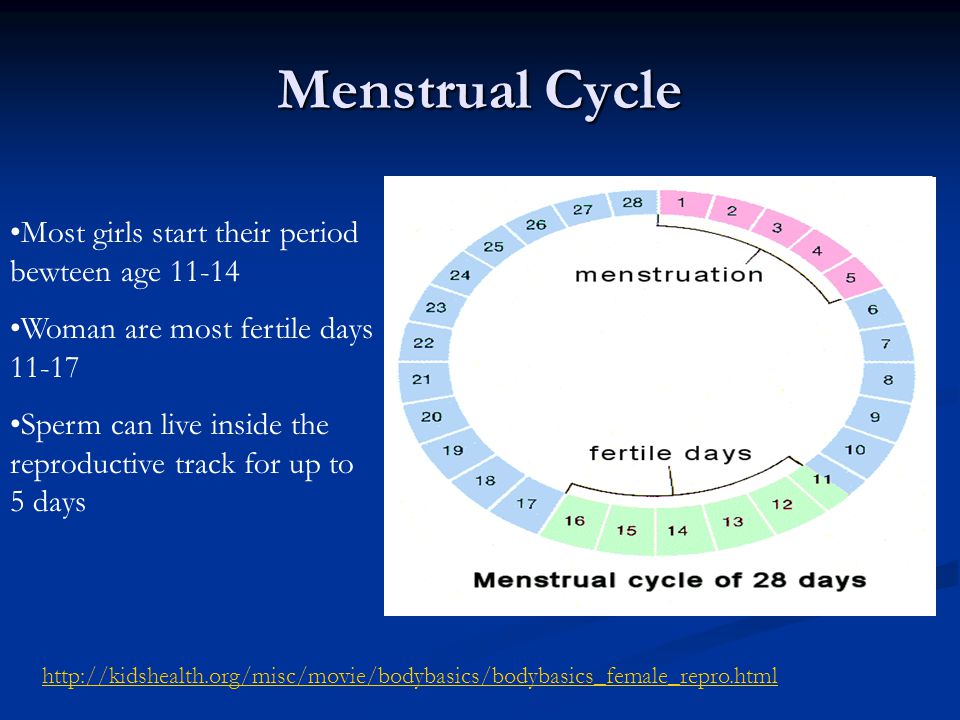
How to know you are ovulating
Kerry Hampton, a registered nurse and fertility specialist, discusses the importance of fertility awareness, and how to determine your fertile window to improve your chances of conceiving.
- References
- American Society for Reproductive Medicine, Optimizing natural fertility, https://www.reproductivefacts.org/news-and-publications/patient-fact-sheets-and-booklets/documents/fact-sheets-and-info-booklets/optimizing-natural-fertility/
- Berglund Scherwitzl, et al. (2015). Identification and prediction of the fertile window using Natural Cycles. The European Journal of Contraception and Reproductive Health Care, 20(5), 403-408. doi:10.3109/13625187.2014.988210
- Ecochard, R., et al. (2015). Self-identification of the clinical fertile window and the ovulation period.
 Fertility and Sterility, 103(5), 1319-1325.e1313. doi: http://dx.doi.org/10.1016/j.fertnstert.2015.01.031
Fertility and Sterility, 103(5), 1319-1325.e1313. doi: http://dx.doi.org/10.1016/j.fertnstert.2015.01.031 - Pfeifer, S., et al. (2017). Optimizing natural fertility: a committee opinion. Fertility and Sterility, 107(1), 52-58. doi: 10.1016/j.fertnstert.2016.09.029
- Stanford, J. B. (2015). Revisiting the fertile window. Fertility and Sterility, 103(5), 1152-1153. doi: http://dx.doi.org/10.1016/j.fertnstert.2015.02.015
- Stanford, et al. (2002). Timing intercourse to achieve pregnancy: current evidence. Obstetrics and Gynecology, 100(6), 1333-1341.
- Stephenson, J., et al. (2018). Before the beginning: nutrition and lifestyle in the preconception period and its importance for future health. The Lancet, 10.1016/S0140-6736(18)30311-8 doi: 10.1016/S0140-6736(18)30311-8
- Vélez, M. Pet al. (2015). Female exposure to phenols and phthalates and time to pregnancy: the Maternal-Infant Research on Environmental Chemicals (MIREC) Study. Fertility and Sterility.
 doi: 10.1016/j.fertnstert.2015.01.005
doi: 10.1016/j.fertnstert.2015.01.005 - Verón, G. L., et al. (2018). Impact of age, clinical conditions, and lifestyle on routine semen parameters and sperm kinematics. Fertility and Sterility, 110(1), 68-75.e64. https://doi.org/10.1016/j.fertnstert.2018.03.016
- Waylen, A. Let al. (2009). Effects of cigarette smoking upon clinical outcomes of assisted reproduction: a meta-analysis. Hum Reprod Update, 15(1), 31-44.
- Zenzes, M. T. (2000). Smoking and reproduction: gene damage to human gametes and embryos. Hum Reprod Update, 6(2), 122-131.
Page created on: 28/08/2018 | Last updated: 02/01/2023
How Age Matters For Your Fertility
It's a biological fact that as women and men age, their potential to have children decreases, although the exact time when this starts to happen can vary among individuals.
We all know someone who had a healthy baby in their late 30s or early 40s. But of all people who try for a baby at a later age, many will not have the baby they hoped to have.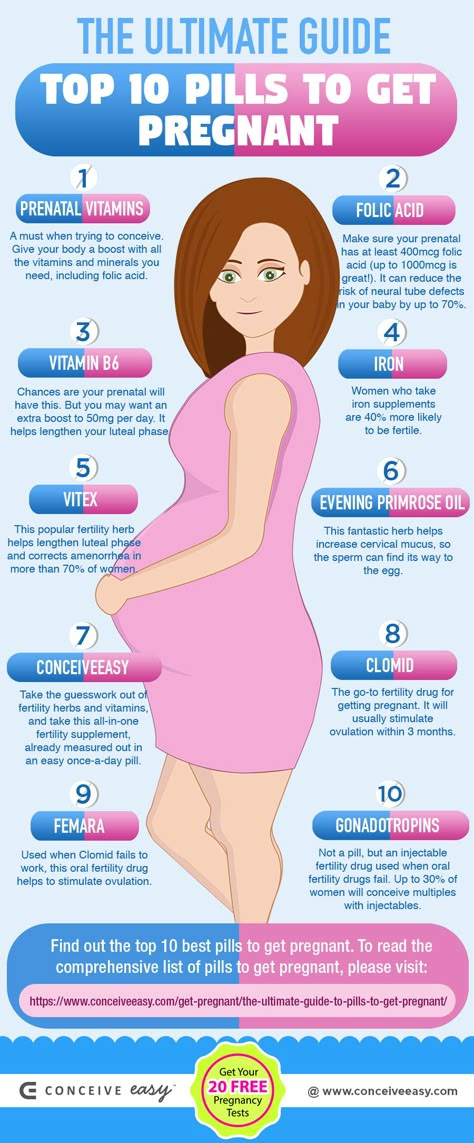
Across a population, women younger than 35 and men younger than 40 have a better chance of having a child than people who are older. This is true for natural pregnancies and for pregnancies conceived through assisted reproductive treatments such as IVF (in-vitro fertilisation).
The combination of both partners' ages determines the likelihood of pregnancy.
Liz Ellis - Age and fertility
Australian netball star Liz Ellis, discusses what she wished she knew in her early 30's about the impact age has on fertility and shares her powerful story.
Myth busting
MYTH
IVF is a good back-up option for having a baby later in life.
FACT
Getting pregnant both naturally and with IVF becomes more difficult with age.
Why? Because age affects eggs and sperm
Age and eggs
A woman is born with all the eggs she will ever have.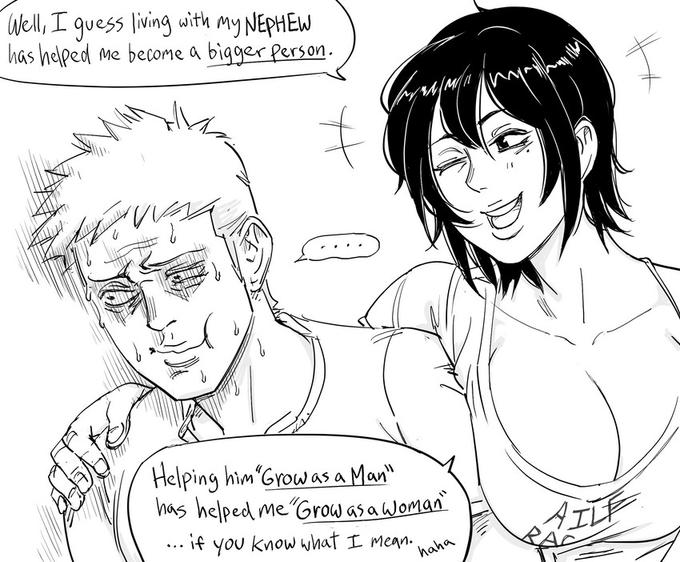 As she ages her eggs age with her and their number and quality reduces over time. This is why her chance of having a baby also reduces over time, especially for women older than 35 years of age.
As she ages her eggs age with her and their number and quality reduces over time. This is why her chance of having a baby also reduces over time, especially for women older than 35 years of age.
This information can be difficult for women who, for whatever reason, are not ready in their 20s or early 30s to start a family.
Age and sperm
Men younger than 40 have a better chance of fathering a child than those older than 40. The quality of the sperm men produce seems to decline as they get older.
Most men make millions of new sperm every day, but men older than 40 have fewer healthy sperm than younger men. The amount of semen (the fluid that contains sperm) and sperm motility (ability to move towards an egg) decrease continually between the ages of 20 and 80.
-
Women’s age and getting pregnant
For individuals and couples there can be many reasons why life gets in the way of starting a family.
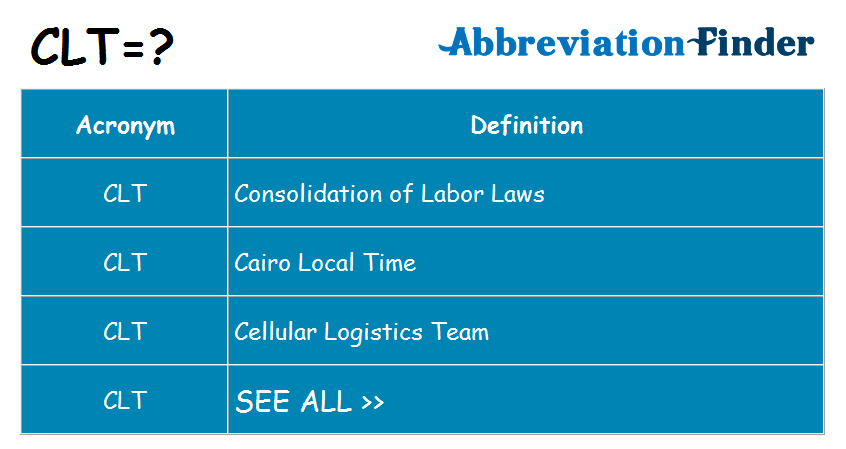 Not having a partner, career, finances, housing, travel, not feeling ready, whatever the reason, many find that it’s just not the right time to have a baby.
Not having a partner, career, finances, housing, travel, not feeling ready, whatever the reason, many find that it’s just not the right time to have a baby.Sometimes people find themselves trying to get pregnant later in life, when it can be a lot more difficult.
For women, the easiest time to get pregnant is before the age of 30. As women get older, it takes longer to conceive and the chance of having a baby decreases.
Women younger than 30 have about a 20 percent chance of getting pregnant naturally each month. By age 40, the chance of pregnancy is about five percent each month.
Women, age and fertility
Dr Melanie McDowell explains what happens to eggs (also known as oocytes) as women age.
Men’s age matters too
We’ve all heard about men in their 80s and 90s fathering children, but this is rare. A father’s age also affects the chance of a couple getting pregnant.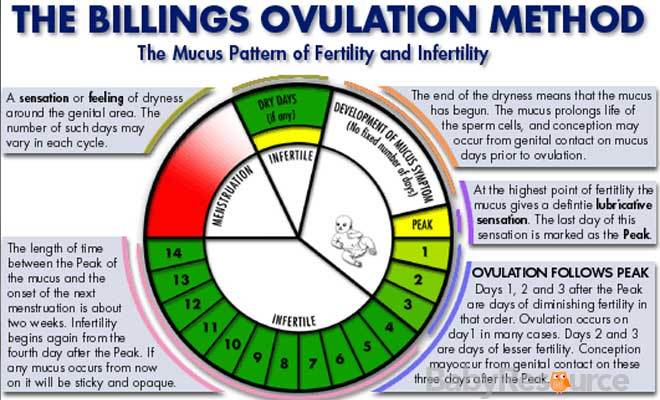 It takes longer for partners of men older than 40 years to conceive.
It takes longer for partners of men older than 40 years to conceive.
Assuming a woman is younger than 25; if her partner is also younger than 25, it takes an average of five months to get pregnant. If her partner is older than 40 years, it takes around two years, and even longer if he is older than 45.
Also, the risk of miscarriage is higher for women whose male partner is older than 45 , compared to men younger than 25 years of age.
For couples having IVF, the chance of having a baby is higher if the man is younger than 41 years of age.
Men, age and fertility
Professor John Aitken explains how men's age affects fertility and why the combination of both partners' ages determines the likelihood of pregnancy.
Pregnancy and birth risks
Because of the changes that happen in eggs and sperm as we age, including damage to genetic material, children of older parents have a slightly higher risk of birth defects and genetic abnormalities. The risk of mental health problems and autism spectrum disorder is marginally higher in children of fathers older than 40 than in those with younger fathers.
The risk of mental health problems and autism spectrum disorder is marginally higher in children of fathers older than 40 than in those with younger fathers.
It is estimated that the risk of having a baby with a chromosomal (or genetic) abnormality is approximately one in 400 for a woman aged 30 and one in 100 for a woman aged 40.
The risks of miscarriage and complications in pregnancy and childbirth are higher for older women than for younger women.
Older women also have a higher risk of having gestational diabetes, placenta previa, placental abruption, a still birth and a caesarean birth than younger women.
It’s important to remember that although the risk of health problems increases with age, most babies are born healthy, whatever their parents’ age.
-
Important conversations
If you want to have a baby (now or sometime in the future), understanding how age affects your chances of getting pregnant and having a healthy baby is really important.
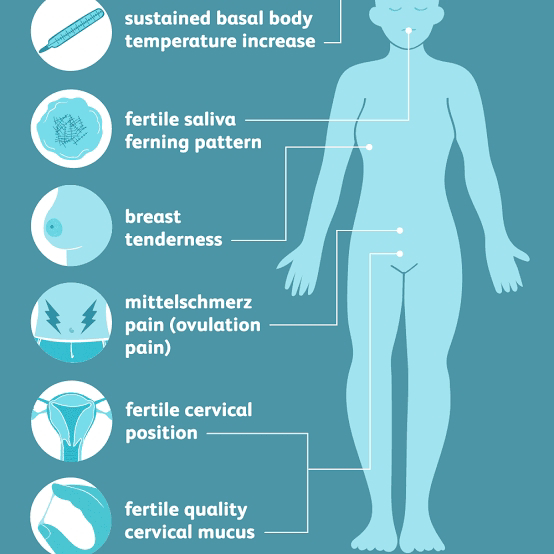 Talking to your local doctor (GP) or visiting a family planning clinic about your plans for having children may help you understand how you can protect your chances of having a baby.
Talking to your local doctor (GP) or visiting a family planning clinic about your plans for having children may help you understand how you can protect your chances of having a baby.If you are in a relationship, having a conversation early about if and when you’d like to have children can help you and your partner understand each other’s thoughts about having a family.
-
Improving your chances
The good news is there are ways to increase your chance of having a baby, whether you’re single, in a relationship, male or female.
Sometimes getting pregnant is difficult
No matter how healthy you are, or what age you are, sometimes it is difficult to get pregnant.
If you have tried for 12 months or more (six months if you’re a woman older than 35), it’s time to talk to your doctor about your options.
 The best place to start is to see your general practitioner (GP). You might like to complete the Healthy conception tool, and take your results, and your partner’s results (if you have a partner), with you to discuss with your doctor.
The best place to start is to see your general practitioner (GP). You might like to complete the Healthy conception tool, and take your results, and your partner’s results (if you have a partner), with you to discuss with your doctor.
MYTH BUSTING
MYTH: Women can have children at any age because many women have babies in their 40s.
FACT: Age is the most important factor affecting a woman’s chance of conceiving and having a healthy child. Many women in their late thirties and early to mid-forties give birth to healthy babies, but many in these age groups are not able to have a baby.
-
What about IVF?
Some people may think that assisted reproductive treatment such as IVF is the answer to postponing pregnancy to a later age.
IVF can help people with infertility have a family but the technology cannot make up for the natural decline in fertility that happens as women and men get older.
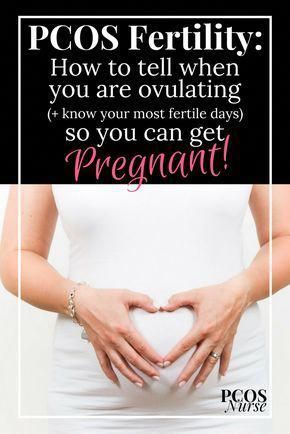
- References
- Australian Institute of Health and Welfare. Australia’s mothers and babies 2015—in brief. Canberra: AIHW; 2017.
- Broekmans, et al. (2007). Female reproductive ageing: current knowledge and future trends. Trends in Endocrinology & Metabolism, 18(2), 58-65.
- Cooke, L., & Nelson, S. M. (2011). Reproductive ageing and fertility in an ageing population. The Obstetrician & Gynaecologist, 13(3), 161-168. doi: 10.1576/toag.13.3.161.27668
- de Graaff, et al. (2011). Demographic age shift toward later conception results in an increased age in the subfertile population and an increased demand for medical care. Fertility and Sterility, 95(1), 61-67.
- D'Onofrio, et al. (2014). Paternal age at childbearing and offspring psychiatric and academic morbidity. JAMA Psychiatry, 71(4), 432-438.

- ESHRE Capri Workshop Group. (2005). Fertility and ageing. Human Reproduction Update, 11(3), 261-276. doi: 10.1093/humupd/dmi006
- Ford, W. C. L., et al. (2000). Increasing paternal age is associated with delayed conception in a large population of fertile couples: evidence for declining fecundity in older men. Human Reproduction, 15(8), 1703-1708.
- Habbema, et al. (2015). Realizing a desired family size: when should couples start? Human Reproduction, 30(9), 2215-2221. doi: 10.1093/humrep/dev148
- Hassan, M. A. M., & Killick, S. R. (2003). Effect of male age on fertility: evidence for the decline in male fertility with increasing age. Fertility and Sterility, 79(Suppl 3), 1520-1527.
- Joseph, K., et al. (2005). The perinatal effects of delayed childbearing. Obstetrics and Gynecology, 105(6), 1410-1418.
- Kong, A., et al. (2012). Rate of de novo mutations and the importance of father's age to decrease risk. Nature, 488(23 August), 471-475.

- Pfeifer, S., et al. (2017). Optimizing natural fertility: a committee opinion. Fertility and Sterility, 107(1), 52-58. doi: 10.1016/j.fertnstert.2016.09.029
- Sartorius, G. A., & Nieschlag, E. (2010). Paternal age and reproduction. Human Reproduction Update, 16(1), 65-79. doi: 10.1093/humupd/dmp027
- Sauer, M. V. (2015). Reproduction at an advanced maternal age and maternal health. Fertility and Sterility, 103(5), 1136-1143. doi: http://dx.doi.org/10.1016/j.fertnstert.2015.03.004
- Somigliana, et al. (2016). Age-related infertility and unexplained infertility: an intricate clinical dilemma. Human Reproduction. doi: 10.1093/humrep/dew066
- Steiner, A. Z., & Jukic, A. M. Z. (2016). Impact of female age and nulligravidity on fecundity in an older reproductive age cohort. Fertility and Sterility. doi: http://dx.doi.org/10.1016/j.fertnstert.2016.02.028
- The Committee on Gynecologic Practice of the American College of Obstetricians and Gynecologists and the Practice Committee of the American Society for Reproductive Medicine.
 (2008). Age-related fertility decline: a committee opinion. Fertility and Sterility, 90(3), 486-487.
(2008). Age-related fertility decline: a committee opinion. Fertility and Sterility, 90(3), 486-487. - Urhoj, S. K., et al. (2014). Advanced paternal age and mortality of offspring under 5 years of age: a register-based cohort study. Human Reproduction, 29(2), 343-350. doi: 10.1093/humrep/det399
- Zweifel, J. E, & Woodward, J. T. (2022). The risky business of advanced paternal age: neurodevelopmental and psychosocial implications for children of older fathers. Fertility and Sterility. doi: https://doi.org/10.1016/j.fertnstert.2022.10.029
Page created on: 30/08/2018 | Last updated: 02/01/2023
Genesis 48:4 - comparison of translations
Genesis 48:4 - comparison of translationsTheca Bible
Comparison of Bible translations, parallel references. Working with Strong numbers.
← Genesis Genesis 48:3 Genesis 48:5 →
comparison links strong
Comparison of translations: Genesis 48:4 /
Gen 48:4on Russian RU Belarusian BY Ukrainian UA English EN filter
Filter: Everybody NRT BTI ERV
Synodal translation SYN
and said to me: "Behold, I will breed you, and multiply you, and make of you a multitude of nations, and I will give this land to your offspring after you, for an everlasting possession. "
"
New Russian translation NRT
and said to me: “I will make you fruitful, I will multiply you, I will make many nations from you and I will give this land to your descendants forever.” nine0005
Edited by the Kulakovs BTI
promised me: “I will make you fruitful and your race numerous, you will be the father of many nations, and I will give this land to your descendants2 for an everlasting possession.”
Bible League ERV ERV
saying: “I will increase and increase your family, I will give you many children, and you will become a great nation. Your family will own this land forever and ever.”
← Genesis Genesis 48:3 Genesis 48:5 → nine0005
New Testament
Mt From Matthew
Mk From Mark
Lux From Luke
Jn John
Acts Acts
Jake Jacob
1Pet 1 Petra
2Pet 2 Peter
1 Jn 1 John
2 Jn 2 John
3 Jn 3 John
Jude Jude
Rome Romans
1 Cor. 1 Corinthians
1 Corinthians
2 Corinthians 2 Corinthians
Gal Galatians
Eph Ephesians
PhpPhilippians
Col Colossians
1 Thess 1 Thessalonians
2 Thess 2 Thessalonians
1 Tim 1 Timothy
2 Timothy 2 Timothy
Titus Titu
Flm Filimon
Eur Hebrews
Rev. Revelation
Old Testament
Gen. Genesis
Ex Exodus
Leo Leviticus
Number Numbers
Deut Deuteronomy
Joshua Joshua
Judgment Judges
Ruth Ruth
1 Kings 1 Samuel
2 Samuel 2 Kings
1 Kings 1 Kings
2 Kings 2 Kings
1Chr 1 Chronicles
2Par 2 Chronicles
Ride Ezra
Nehm Nehemiah
Esph Esther
Job Job
Ps Psalm
Parable Proverbs
Eccl Ecclesiastes
Song Song of Songs
Is Isaiah
Jer Jeremiah
Weeping Lamentations of Jeremiah
Ezek Ezekiel
Dan Daniel
OS Hosea
Joel Joel
Am Amos
Avd Obadiah
Jonah Jonah
Mich Micah
Nahum Naum
Avv Avvakum
Sof Zephaniah
Agg Haggai
Zech Zechariah
Mal Malachi
Parallel references - Genesis 48:4
Amos 9:14; Amos 9:15; Deut 32:8; Ex 1:11; Ex 1:7; Gen 12:2; Gen 13:15; Gen 13:16; Gen 17:13; Gen 17:8; Gen 22:17; Gen 26:4; Gen 28:13-15; Gen 28:3; Gen 32:12; Gen 35:11; Gen 46:3; Gen 47:27.
There may be errors in the references to the psalms, due to the discrepancy between Russian and English numbering. Noticed an inaccuracy - let us know. nine0005
© 2016−2023, made with love for those who love and seek God.
For all questions, except theological, write here - [email protected]. P.S. We don't sell anything!
Top
Vayehi - Lechaim
01 January
2023
8 Teveth
5783
Chapter 47
-
Jacob lived in the land of Egypt for seventeen years, and Jacob's whole life lasted one hundred and forty-seven years. nine0005
And the time came for Israel to die, and he called his son Yosef, and said to him: “If you please, put your hand under my thigh and show me true mercy: please do not bury me in Egypt.
-
When I rest with the forefathers, take me out of Egypt and bury me in their tomb.
 “I will do as you say,” he answered.
“I will do as you say,” he answered. וְשָֽׁכַוְתִּי֙ ronic0005
Rashi
Ibn Ezra
and I will rest with my ancestors, and take me out of Egypt, and bury me in their tomb.” and he said, "I will do according to your word."
And I will rest with my ancestors, and carry me out of Egypt, and bury me in their tomb.” And he said: "I will do according to your word."
-
- Swear to me! [Jacob] said. [Yosef] swore to him, and Israel bowed to the head of the bed.
olt וַיֹּ֗אמֶר הִבְ wood֙ לִ֔י וַיִּשָּׁוַ֖ porn ל֑וֹ וַיִּתַּ֥וּ יִשְׂרָאֵ֖ל ωרֹ֥ular הַמִּטָּֽה
Rashi
Ibn Ezra
he said: "Swear to me!" and he swore to him. and Israel fell prostrate at the head of the bed.
He said: “Swear to me!” And he swore to him. And Israel bowed down at the head of the bed.
Chapter 48
-
After these events, Yosef was told, "Your father is sick.
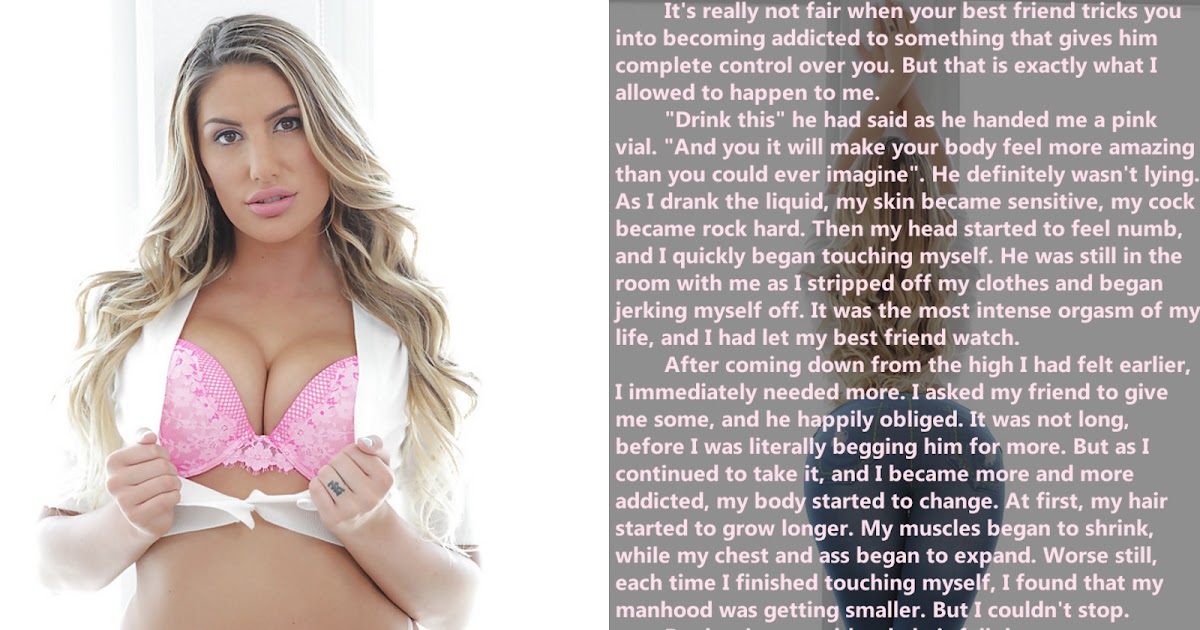 " [Yosef] took with him his two sons, Menashe and Ephraim. nine0005
" [Yosef] took with him his two sons, Menashe and Ephraim. nine0005 -
Yaakov was told, “Your son Yosef has come to you.” Israel gathered up his strength and sat on the bed.
וַיַּגֵּ֣️ לְיַֽiment & וַיֹּ֕אמֶר הִ️ בִּ Thisִ šָּ֣א אֵלֶ֑יךָ וַיִּתְתְתְתְתְς וַיֵּ֖שֶׁב ω הַă
and Israel gathered up his strength, and sat on the bed.And he informed Yaakov, and said: "Behold, your son Yosef has come to you." And Israel gathered up his strength and sat on the bed. nine0005
-
Yaakov said to Yosef: “God Almighty appeared to me in Luz, in the land of Canaan, and blessed me.
וַיֹּ֤אמֶר יַֽ phֲuction אֶל־יוֹסֵ֔ף אֵ֥ל שַׁ ax βִאָֽה־אֵלַ֥י בְּל֖וּז כְּorn כְּèָ֑ וַיְוָ֖רֶךְ אֹתִֽי
and said Yaakov, “The Lord was in the country in the country in the country in the country in the country in the country in the country in the country
-
He said to me: ‘I will make your [kind] fruitful and numerous.
 You will become an assembly of peoples, and I will give this country to your descendants after you for an everlasting possession. nine0005
You will become an assembly of peoples, and I will give this country to your descendants after you for an everlasting possession. nine0005 And now your two sons, who were born to you in the land of Egypt before I came to you in Egypt, are mine. Ephraim and Menashe, like Reuben and Shimon, will be mine.
-
And the children you have after them will be yours. In their allotments they will be numbered by the names of their brothers.
וּמֽוֹלַχתְּךָ֛ אֲר־הוֹלַ֥️ אַֽוֹתָּ אַֽיהֶ֖ לְךָ֣ יִֽהְי֑וּ שֵׁ֧ אֲיהֶ֛ יִרְא֖וּ בְּunc
9000 by the name of their brothers they shall be called in their inheritance. nine0005And the children you beget after them will be yours; by the name of their brothers they will be called in their inheritance.
-
As for me, when I was walking from Padan, my Rachel died - in the land of Canaan, on the way, a little before reaching Ephrata. I buried her there - by the road to Ephrata, she is Beit-Lehem.
וַֽאֲנִ֣י| בְּבֹאִ֣י מִפַּimes מֵ֩תָה֩ llָה֩ אלַ֨י רָל בְּאֶ֤רֶץ כְּux μַן֙ וֶּ֔רֶךְ בְּע֥וֹ️ כִּבְרַת־mpes לָבא אֶפְרָ֑תָה וָֽאֶאֶרֶ֤הָ בְּorn μֶפְרָ֔רָ֔רָ֔רָ֔רָ֔shipted0005
Rashi
Ibn Ezra
and I - when crossing from padan, in the country of Knaan, on the road, a little before reaching the entrance to Efrat, my rachel died and I buried her there - on the road to Efrat, this is a beyt -lehem.
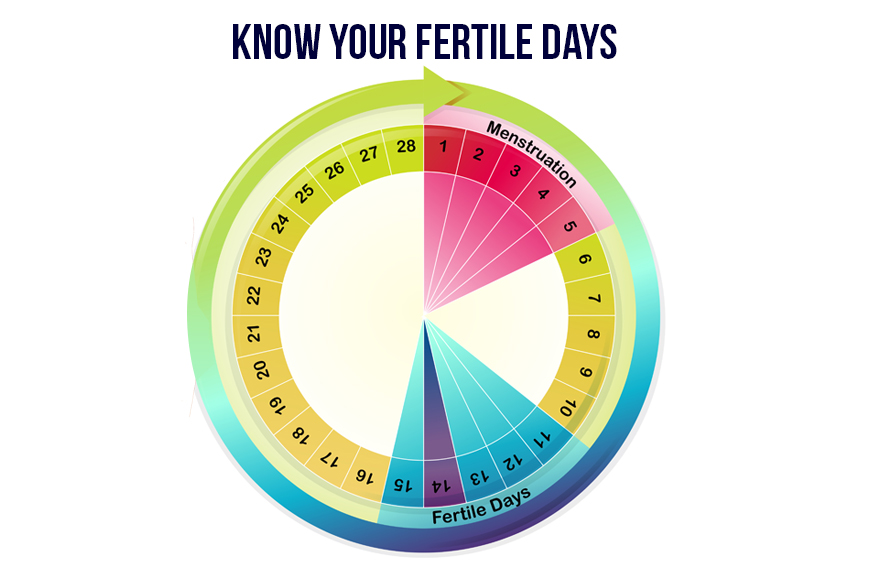
And I - on the way from Padan, in the country of Canaan, on the road, at some distance to the entrance to Efrat, Rachel died with me, and I buried her there - on the road to Efrat, also known as Beit Lechem.
-
Looking at the sons of Yosef, Israel asked, “Who is this?” nine0005
וַיַּ֥רְא יִשְׂרָאֵ֖ל אֶת־בְּ️ יוֹסֵ֑ף וַיֹּ֖אמֶר מִי־אֵֽלֶּה
ibn-ezra
and saw Israel of the sons of Yoseph, and said: “Who are these?”
And Israel saw the sons of Joseph, and said, "Who are these?"
-
Yosef answered his father: “These are my children whom the Lord has given me here.” He said, "Bring them to me and I will bless them."
וַיֹּ֤אמֶר יוֹסֵף֙ אֶל־אָבִ֔יו ו בָּux הֵ֔ אֲשֶׁר־ughterָֽתַן־לִ֥ sacked אֱלֹiantם וַiant וַיֹּאמַ֕ר ָֽuction אֵלַ֖לַ֖י וַֽאֲרֲכֵֽ
Rashi
Ibn Ezra
and Yosef said to his father: “These are my sons whom God has given me here.” and he said, "Take them to me, and I will bless them.
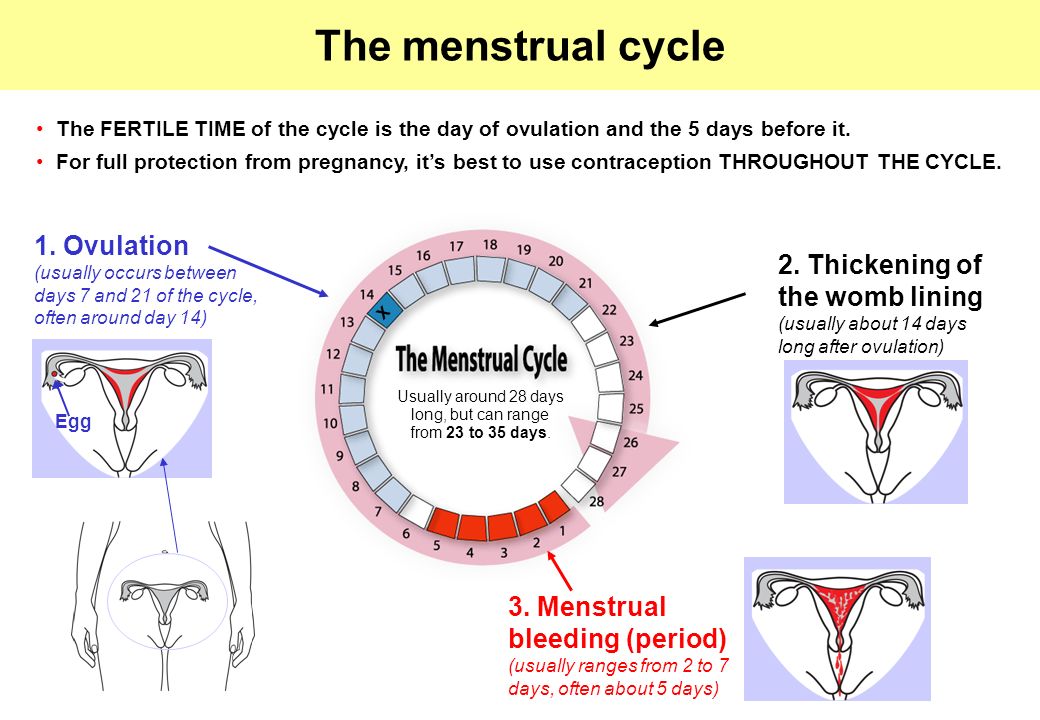 "
" And Yosef said to his father, "These are my sons whom God has given me along with this." And he said: "Take them to me, and I will bless them."
Tweet
Share
Share
Send
nine0002 Torah Lessons I. VayehiIn this chapter we read about how Jacob called his sons twice to bless and prophesy. Our sages believe that we are talking here about two independent events, following, however, in close proximity, one after another. What Jacob said when he gathered the children for the second time is told in the following verses of the Torah. And what happened in the first, the Torah is silent. And here it is necessary to comprehend the explanations of this event given by the rabbis, to investigate the meaning of the concept of “end of days” in our time. nine0005
Torah Lessons II. Vaehi
The titles of the sections of the first book of the Torah, from Breishis to Vaehi, reveal to us the main truth of our existence: life has a purpose, which is to satisfy the Divine desire to find an abode on earth.